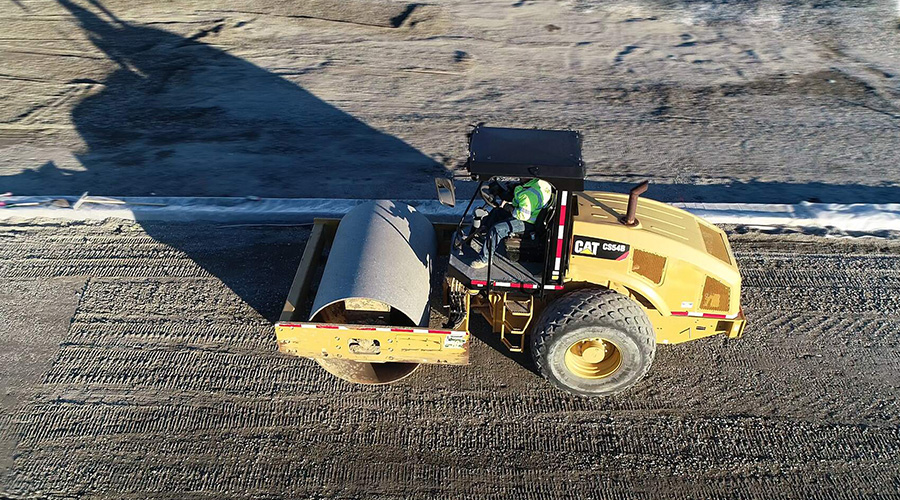Mower Specification Requires Careful Environmental Consideration
While environmental considerations have made their way into nearly every area of facilities, such factors still seem to be well down the priority list when it comes to specifying mowers. For example, McManus and O'Donnell say their departments have used bio-diesel fuel in their mowing equipment. But in both cases, its use ended due to a lack of availability.
"We don't have access to a lot of alternative fuels. We used bio-diesel when we had it, but we don't have it anymore," McManus says. "We had a local person manufacturing it here on campus. But once that source dried up, we could not find another source close to (the campus) that would deliver to us, and that's been our problem."
But the department's overall experience was positive.
"We loved it," McManus says. "It makes the equipment cleaner, and it smells better. It worked great for us. I know it doesn't always work well for everybody — I know there are negatives out there — but we liked that clean aspect of it."
O'Donnell says his department's experience was similar in terms of availability.
"Alternative fuels are in the forefront now, as far as discussions, but we have not found alternative-fuel equipment that meets our operational expectations," he says. "Either the fuel is not readily available, or it just doesn't function properly. We are working with our faculty and students to come up with a bio-diesel program. Over the years, students have been taking the (cooking) oil our of our dining services and working on manufacturing the bio-diesel fuel right here on campus and then using it in our mowers.
"We've had some operational challenges with that, which is part of the learning process for the students and the faculty. So we haven't fully incorporated bio-diesel into our operations yet. Bio-diesel isn't commercially available in our area yet. There is very limited access to it."
Team Approach
O'Donnell and McManus emphasize that mower operators and mechanics are key players in making the final decision on which mower to purchase.
"Anybody who's involved in riding the mower is involved in the decision process," McManus says. "It might be as simple as asking, 'What did you like about the mower? What did you not like?' We don't have them sit down and fill out a form. But they'll tell us, 'I don't like the way that it won't hold on a hill' or 'It's got to have four-wheel drive' or 'I didn't feel like I had control of it in certain situations.'"
O'Donnell says he takes staff involvement in the specification process to another level.
"It's not just the boss saying, 'This is what I want to buy.' It's not just the accounting people saying, 'This is what you can afford.' And it's not just the guys on the ground doing the work saying, 'This is what we want.' We approach it as a team.
"We evaluate what's available. We evaluate the efficiency of it, the price of it and we put it all together. Then the team decides what we're going to be purchasing."
Related Topics:














